How ridiculously incredible would it be if there was this brand new magical formula that could build muscle, repair tissue, boost HGH (Human Growth Hormone), improve your concentration, and make running feel a lot easier…
We would all be handing our money over to the suppliers ASAP!
Well…
We’ve got something to tell you…
When we lay our heads down on our comfy pillows and head off into dreamland for 8 hours or so… our bodies are already doing all those things, and more.
Sleep is one of the non-negotiable pillars of recovery, training, and ensuring you get to the next workout feeling good.
Improving this one part of your life can make the world of a difference.
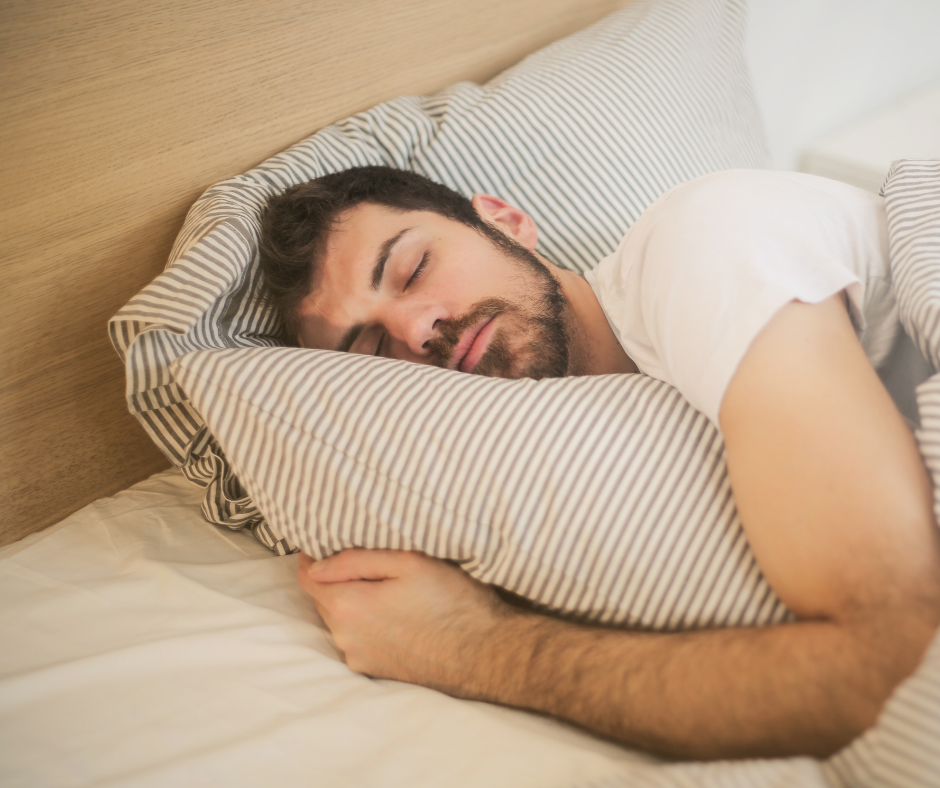
The Power Of Sleep
In our modern lifestyles, sleep is actually quite hard to come by. The number of hours of sleep but more importantly the quality of sleep that we have is particularly poor.
We encourage you to make a few small changes that will go a long way in positively impacting your recovery.
If we were to say that everyone should be getting 10 hours of sleep a day… You’re probably already beginning to laugh and will most likely stop reading on… because in your busy life… Where on earth are you going to find 10 hours to sleep per day?!
So, let’s rather look at how long we manage to sleep.
The Difference Sleep Will Make To Your Recovery
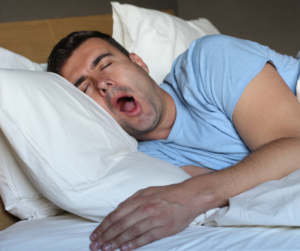
When you’re training for a specific event, (particularly in the 6-8 weeks of peak training) try and prioritize sleep and try to get 30 to 60 minutes more than you would normally get.
That little bit of extra sleep will make a big difference to your recovery, however, what will make even more of a difference is when you go to sleep and how you prepare your sleep environment.
We have worked with several professional runners and there are 8 things that they do consistently that most amateur runners don’t do… Including getting as much sleep as possible…
Check it out here!
Let’s dive right into how you should be preparing your sleep environment and when you should be hitting the hay…
How To Improve The Quality Of Your Sleep
The earlier you go to bed, the better.
We understand that for a lot of people this is a really difficult thing to do, so we are not saying that you should be getting into bed at 8 p.m., however… you need to understand that the later you get to sleep after 10 o’clock, the more compromised your hormonal release becomes.
It’s the release of hormones while you are sleeping that primes the body for recovery.
After 10 o’clock, we start to eat into the hormonal release and it becomes more and more stunted.
If you climb into bed regularly after midnight then you are SERIOUSLY compromising your body’s ability to release growth hormone – Testosterone and therefore to enable you to recover much better.
Ensure that you have a good quality sleep.
This can be done by keeping a hygienic sleeping environment.
A Hygenic Sleeping Environment:
- Needs to be dark. The darker the room, the better quality of sleep you will have.
- Needs to be cool. We sleep really well in a cool environment..
- No flickering lights. There should be no cellphone beeping lights or TV lights
Have a good run-up to your sleep time.
At about 30 to 45 minutes before you plan to go to sleep, try to limit the amount of time you spend on blue lights.

Instead, let your mind quieten down and opt for reading a book.
Blue light devices include:
- Tv’s
- Cell Phones
- Laptops
- Tablets
How Much Sleep Do Runners Need?
When we talk about elite athletes, it’s often joked about that they aren’t paid to train but they are paid to rest.
This is exactly a key factor in getting your training and recovery right!
If you look at an elite athlete’s regime… they take naps during the day, they sleep long hours at night, and they often don’t train early mornings because they’re sleeping in.
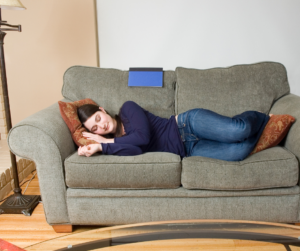
As we mentioned earlier, the above situation is not practical for the amateur athlete who works a full-time job, and who doesn’t get paid to train.
You need to prioritize getting as much sleep as you can, as consistently as possible.
Life is hectic and we do completely understand that.
Avoid inconsistency by getting one night of 8 hours of sleep a week, 2 nights 6 hours, and the rest of the week, getting 5 hours… Rather try to get as much as possible as consistently as possible.
The Benefits Of Getting A Good Nights Sleep
- Build Muscle & Repair Tissue
When you sleep deeply HGH (Human Growth Hormone) is released.
HGH is a hormone produced by the pituitary gland and released into the bloodstream. HGH aids in repairing tissue, building muscle, strengthening bones, and converting fat to fuel.
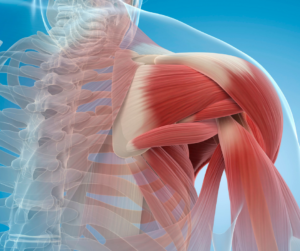
Therefore, less sleep results in lower HGH levels, impacting the speed that you’ll recover from your runs.
In this article, we explain how your body has to adapt to get stronger…
When you run, you aren’t just building your stamina and strength; you’re also breaking your body down, causing a tiny amount of tissue damage with every step.
So, allowing yourself time to recover after your runs is what makes it possible for you to come back better adapted for your next run.
- Athletic Performance
Getting enough sleep is crucial for athletic performance.
Studies show that a night of good sleep can improve speed, accuracy, and reaction time in athletes.
As you know, carbohydrates help provide a ready source of energy for the body – when carbs are broken down by the body, the component sugars are stored in the muscles as glycogen, (waiting to be used up during the race).
Not getting enough sleep will weaken the body’s ability to store those carbohydrates, which means less glycogen will be stored.

In this video Lindsey and Brad talk about the role of sleep in your recovery as a runner.
- Hormonal Balance
By not getting enough sleep, your body produces less HGH and produces more Cortisol (normally released during times of stress). Both of these effects make it very hard for your body to recover properly.
Ghrelin hormone: Famously known as the “hunger hormone” because of its stimulatory effects on food intake, fat deposition, and growth hormone release.
Leptin hormone: Regulates energy balance, suppressing food intake and thereby inducing weight loss.
When we don’t get enough sleep, we have an increase in Ghrelin and a decrease in Leptin. This results in us eating more, even if we don’t need to because we don’t have a strong signal to stop.
- Water Reabsorption
Drinking water is essential. H2O accounts for up to 60% of the human body, and it helps with a wide variety of bodily functions, like cell growth, waste removal, and digestion.
One of the ways getting a good night’s sleep can benefit your running is…water reabsorption. When you sleep, your kidney balances water, sodium, and other electrolytes. Without enough water, the kidneys can’t balance electrolytes properly.
This study was published in February 2019.
In the study, a group of more than 20,000 American and Chinese adults showed that those who self-reported sleeping less than six hours on average each night were associated with a higher likelihood of inadequate hydration status, compared with those sleeping eight hours or longer each night.
- Concentration
The right amount of sleep affects your concentration.
According to Harvard Health publishing, when people don’t get enough sleep, their attention and concentration abilities decline. Their reaction time lengthens, they’re inattentive, and they don’t respond as well to environmental signals.
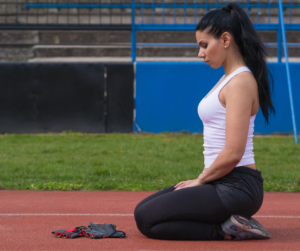
Runners need to be able to tune in and strategize the rest of the race or the run and they also need to be able to concentrate to give that last “big push” at the end of a race.
Need help structuring your training?
Check out the Coach Parry Training Club: Here
If you’re in bed, reading this on your phone or laptop…
It’s time to turn it off! 😉




Comments are closed.